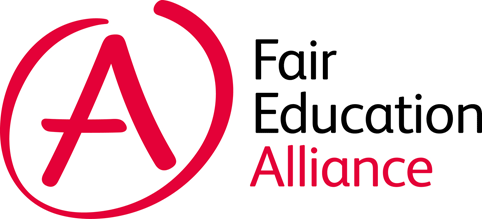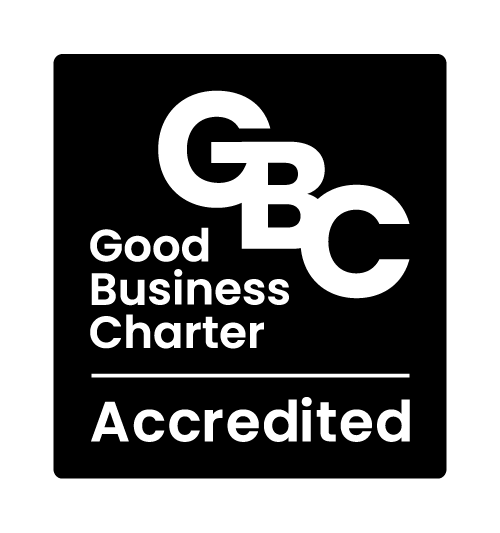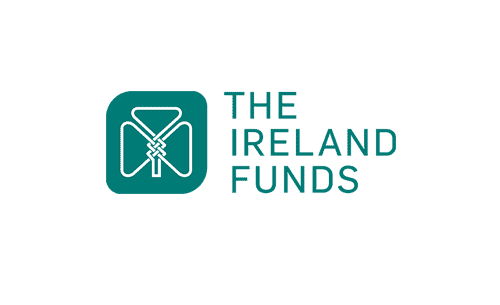Debating Israel and Palestine in the KS3 classroom
When embarking on teaching the Israel Palestine conflict in our school there was a number of questions that were racing around my mind, and in our department discussions. Will our students be able to access this? Will they understand and respect the continuing relevance and significance of the conflict? Will they engage in live debating? Will our SLT be supportive of a reduced level of ‘book work’ in our classes?

As a dual religious denomination school (Catholic and C of E) we, as teachers, are constantly reminding our students of the significance of the History that once caused conflict between our faiths. Therefore we felt this topic was both exceptionally important to teach our students, as well as important in drawing their attention to conflict amongst religions that still exists today. As a school on the Isle of Wight, it also felt necessary to expose our students to wider issues which could quite easily escape their attention and be missed altogether because we are living in this little corner of Britain.
It was clear from the outset, when working with Parallel Histories that the benefits of teaching the curriculum was going to be multi-factorial. Firstly we would be introducing our students to new concepts and current affairs. Secondly, we could work with Parallel Histories to present opportunities with both our Key Stage 3 and A level students. The topic also lends itself to our chronological curriculum in Key Stage 3 providing the perfect end point and ‘food for thought’ to engage those not going on to take GCSE History, whilst remaining relevant and teaching excellent GCSE level skills for those who are. With a drive in the use Oracy in our school our Senior Leadership Team were incredibly supportive of the new curriculum. In addition, it became clear that the topic leant itself to being a cross curricular scheme of work; one which has now embedded with Religious Education, Geography and PHSE (Personal Health Social and Economic) at our school. And finally with Covid changing the way we teach, the online nature of Parallel Histories has allowed our sixth form students to debate with schools from across the world, building their confidence, skills and UCAS applications- and they have become mentors for our younger students in the KS3 classroom as mentors for our younger students.
After teaching this topic and being involved with Parallel Histories for the last academic year, from feeling the buzz of my year 12 students as they finish an online debate, to hearing my year 9 class erupt with applause for their classmate on completion of their team’s debate (despite being on the other side), all I can think to myself is- what was I worried about. These students are amazing. This topic has allowed our students to demonstrate this.
Whilst working with Parallel Histories it also became clear how many resources are available to support the teaching of this topic. We have had to do more teaching via online learning platforms and the digital resources like the prep videos on the Parallel Histories website have been fantastic. The videos not only provide the students with the blended learning needed for the debating sessions, but they also have the potential to be used should ‘lockdown learning’ resurface with a national lockdown or should groups of students be required to isolate. There are also detailed, easy to pick up schemes of work, lesson power points and resource packs for lessons. The source packs have proven extremely beneficial in the year 9 classroom in analysing sources and introducing these skills to our students as a type of ‘bridging of skills’ from Key Stage 3 to GCSE. With the sources being relatively flexible- they can be used to bridge to any of the GCSE exam board skills that teachers may require. Alongside the plethora of resources working with Parallel Histories allows us as teachers to work alongside and share work and debates with other teachers around country through meeting via our students debating online or via Parallel Histories user group on facebook.
After watching my students engage with the Israel Palestine conflict- my three main observations have been these.
First, how students who normally would find a written assessment challenging had thrived in our debating sessions. I was thrilled to hear a student with dyslexia whom I have taught for 2 years speaking with fantastic debating language, using key historical terms which I have never seen him put on paper. It was so rewarding for them to be able to demonstrate this ability to their peers in an assessment when the normally this type of written assessment would just cause them anxiety. For them also to have verbal feedback on this gave a real boost.
Second, I have also been blown away by the students’ ability to access a ‘discovery’ or truly ‘enquiry led’ form of learning. At our school we have been passionate about introducing enquiry led learning but it tends to still be scattered with didactic teaching. With the students completed their blended learning videos, the lesson merely requires some support in language in the early stages and perhaps some whole class analysis of sources to begin with, but largely the students have used their team work and leadership skills, along with their knowledge acquired form the videos to build their team’s debates.
Third, how beneficial it is to work alongside other teachers. When investigating the possibility of a cross curricular scheme of work I found that both Geography and RE already offered relevant topics to support the curriculum and both departments were willing and excited to develop these to support the students and build in the concepts we had introduced in the History classroom from working with Parallel Histories. For example RE have been teaching the Old Testament and Jewish origins in Israel and Geography have a wonderful ‘Marvellous Middle East’ topic, and both these are now being taught before our History topic. This gives students contextual understanding and broadens and deepens their learning. Additionally, it has been wonderful to share materials and ask for advice and guidance from likeminded colleagues working with other fellow teachers also implementing the Parallel Histories’ approach from across the UK and international schools.
We are very much looking forward to continuing to work with Parallel Histories and fellow schools. The ripple effect among students is already being felt with many of our A level students opting for the Israel Palestine topic as their independent study to complete their Non-Exam Assessment. This passion and interest for the topic came out of the debating sessions we had with other schools.
And I am truly excited to offer this to fellow island schools. I want to get some inter-school debating up and running and to have students mixing again. Additionally, I am keen to see how our current year 9’s will take the skills they have learned through to GCSE and A level and to see their confidence and debating skills develop. And I’m looking forward to my current Y9 evolving from mentee to mentor and in three years’ time being in a position to return to their old year 9 classroom now as experts ready to pass their knowledge along.
Shellie Webster teaches history at Christ the King College on the Isle of Wight. Shellie is a Parallel Histories Teacher Fellow.






